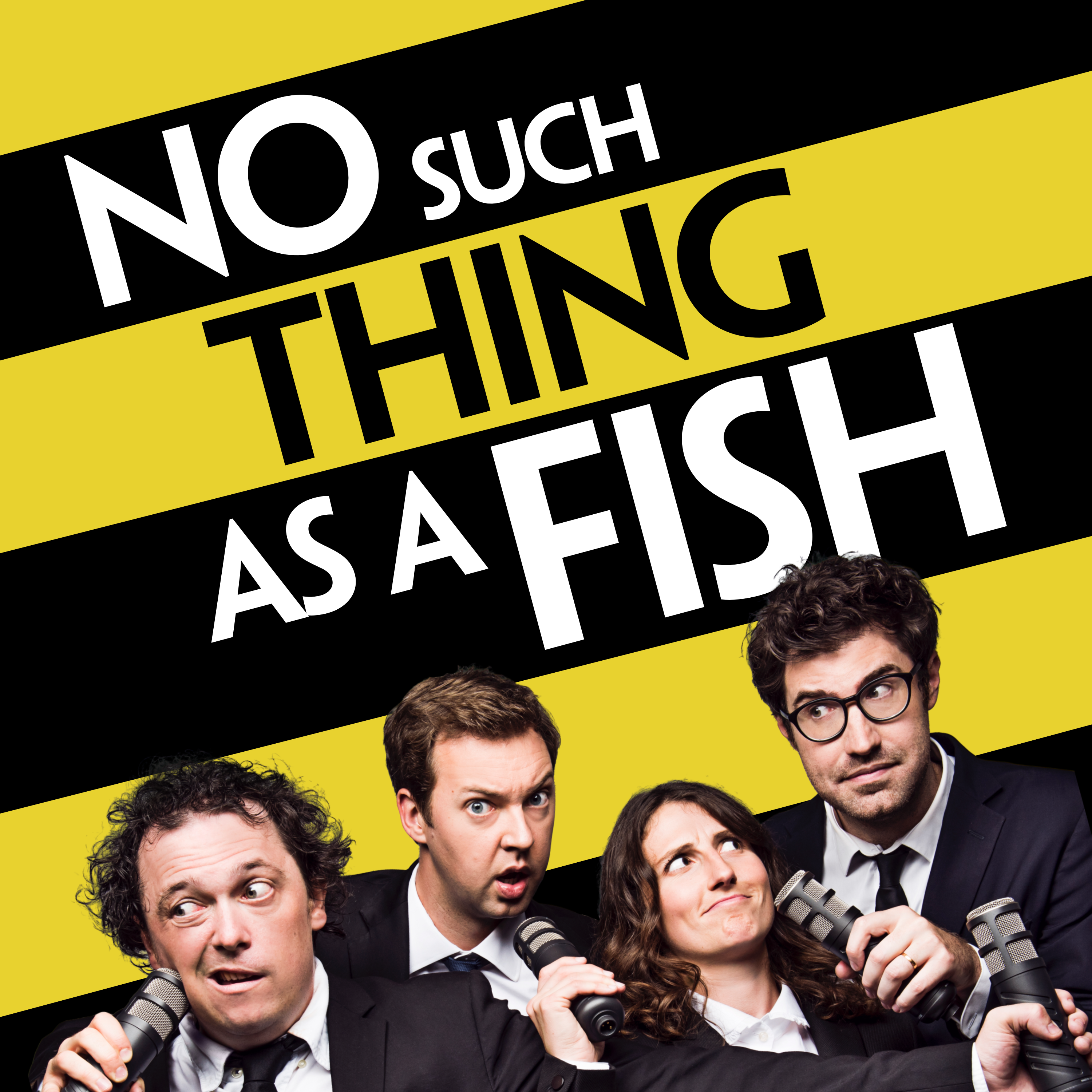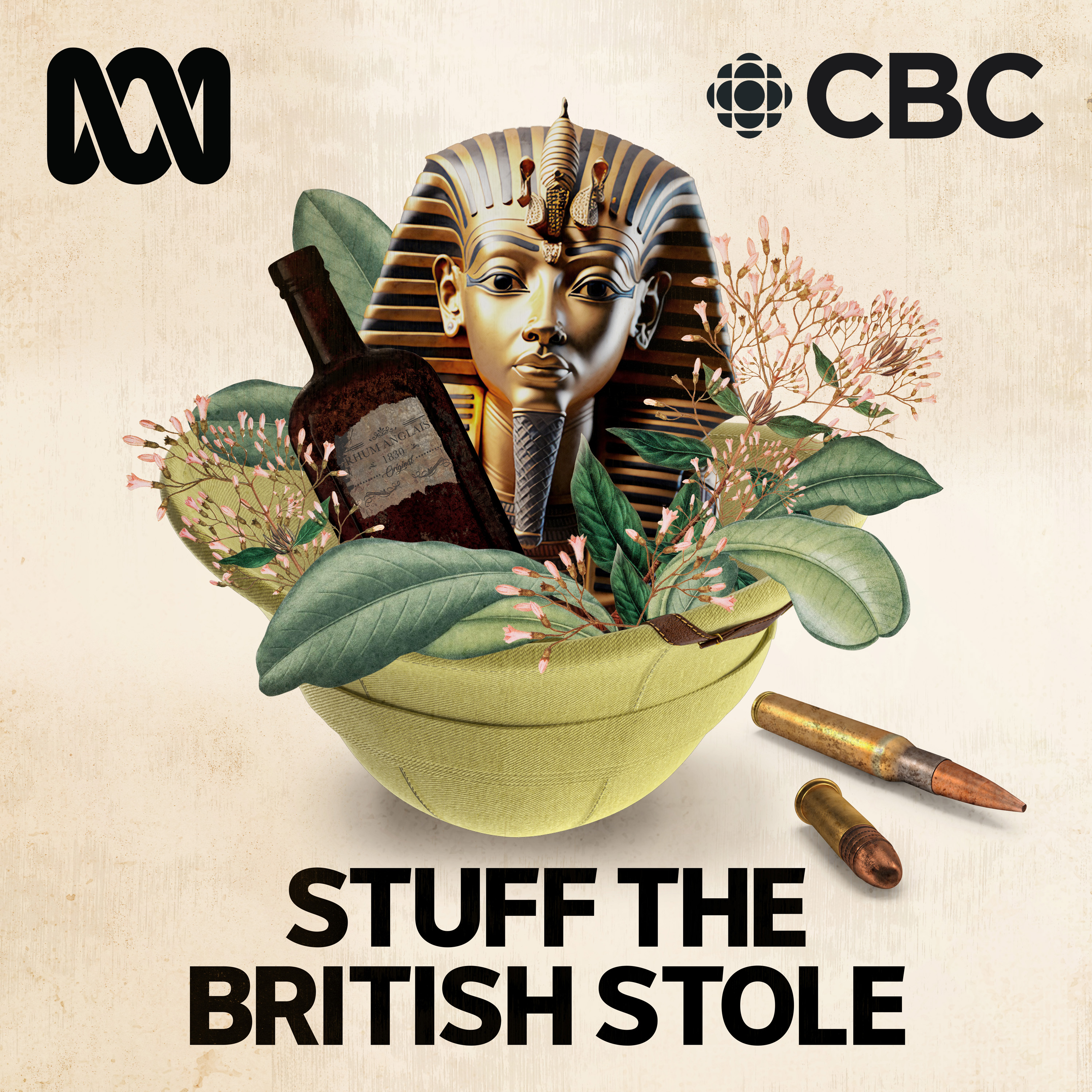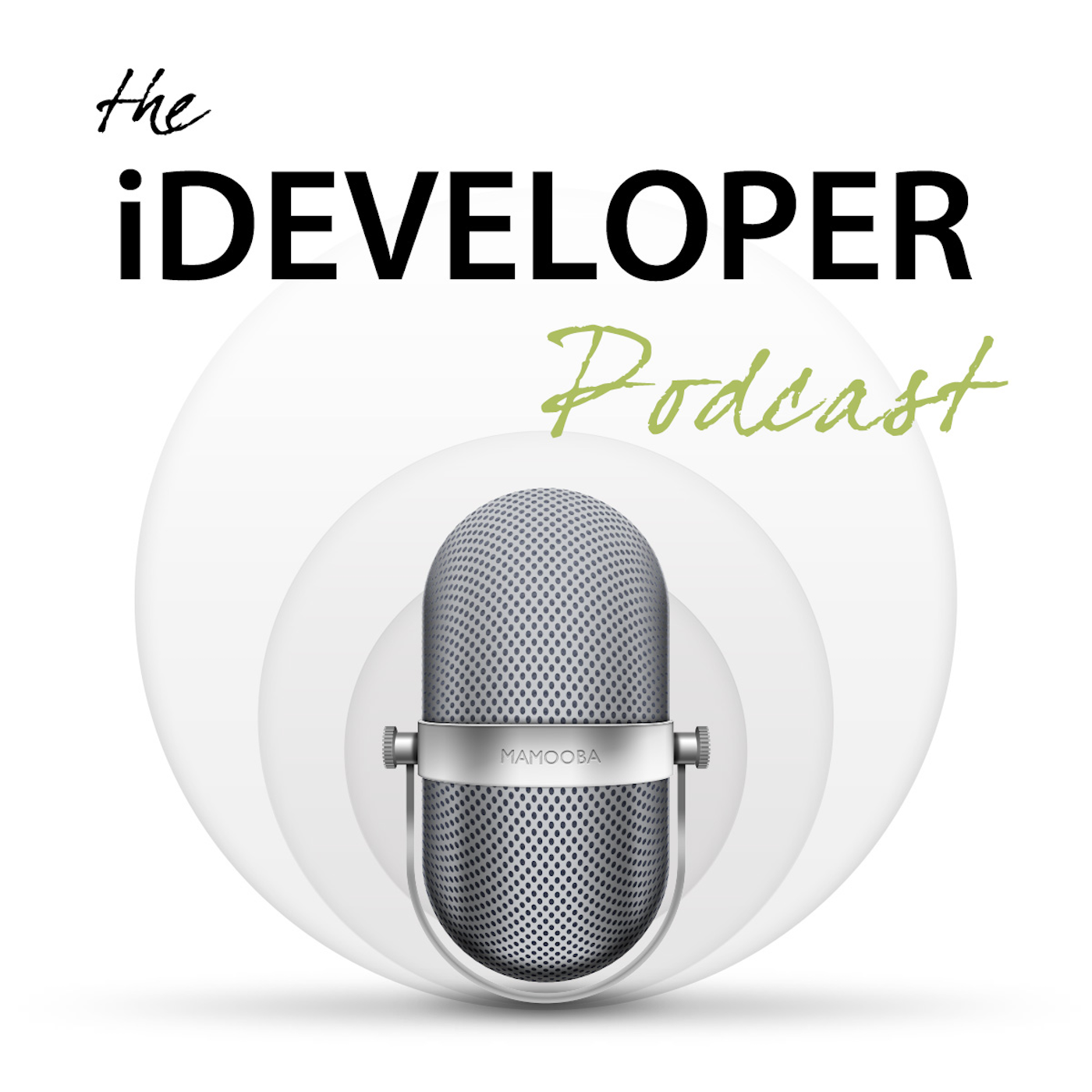
Piano, finally
Piano Finally is a podcast by an old bloke who is learning the piano, finally. I cover the process of learning the piano and music theory as an adult learner. I also review piano books, hardware and other materials from an adult learner's perspective.
Piano, finally
Episode 32 - Exercising
In this episode of Piano, Finally, David Reidy reflects on the conclusion of the National Chopin Piano Competition in Miami, sharing his impressions of the winners and a unique behind-the-scenes moment where the six finalists candidly discussed their experiences before the judges’ decision.
David highlights the Living the Creative Life YouTube series, hosted by pianist Zsolt Bognár. This acclaimed series offers deep, inspiring conversations with renowned artists like Vladimir Ashkenazy, delving into their creative processes and influences.
https://www.youtube.com/@LivingtheClassicalLife/videos
https://www.youtube.com/watch?v=4CPo-BMk7GY
The episode's central essay explores piano exercises and their role in building technique. Drawing from his personal practice routine, David compares Hanon exercises and Czerny’s Opus 599, praising Czerny’s musicality. He explains his structured approach to integrating these exercises into daily practice, aiming to progress steadily through the collection.
David also shares a detailed review of his podcasting setup, emphasizing his choice of Rode equipment for its reliability and local manufacturing. He discusses his NT1 fifth-generation condenser microphone, RODECaster Pro II interface, and accessories, explaining how these tools enhance his production process.
https://rode.com/en/microphones/studio-condenser/nt1-5th-generation?variant_sku=NT1GEN5B
https://rode.com/en/interfaces-and-mixers/rodecaster-series/rodecaster-pro-ii
https://rode.com/en/accessories/stands-bars/psa1-plus?variant_sku=PSA1+
https://www.mannys.com.au/
https://www.turramusic.com.au/
Finally, he provides progress updates on his repertoire, including Bagatelle in F by Daniel Gottlob Türk, Afternoon Snooze by Andrew Craggs, and his work on Czerny exercises. Tune in for insights into piano practice, inspiring creative discussions, and practical tips for podcasters and musicians alike.
You can contact me:
- via email at david@pianofinally.show; this is probably the best option
- the show website, www.pianofinally.show
- Instagram and Threads @pianofinally
- and on YouTube
- all the podcast directories - list
- here's the RSS feed
Some of the links to books and other items mentioned in the podcast may affiliate links for Amazon or other providers. If you use one of these links, a commission may be paid to me at no additional cost to you. Thank you if you use a link.
All reviews of products, websites and services are unpaid, and no sponsorship has been received for any content on this podcast.
Speaker 1 (00:00):
Good day everyone. I'm David Reidy. Welcome to Piano. Finally, a podcast by an old bloke who's getting around to learning the piano. Finally, welcome to show 32. Thank you very much for taking the time to listen. This is your first time hearing the podcast. I hope you enjoy what's here. If you're a returning listener, then thanks again for coming back. If you're learning the piano or another musical instrument, let me know how you're going with it. You can contact me at david@pianofinally.show. The National Chopin Piano Competition in Miami concluded and the winners and play getters have been announced. I watched a good deal of the competition. It was unable to watch the live stream on Monday morning. Luckily, I was able to stream the audio while driving around on multiple errands. My favourite didn't win, but it did come in second.
(00:58)
Anthony Antinov picked up $30,000 and he'll be going to the International Chopin Competition in Warsaw later this year. The winner was William Yang, who picked up some of the individual performance prizes along the way. He won a hundred thousand dollars and will also be in the international competition. I hope the international competition does as good a job with the live streams as the Miami competition did. Even if you didn't follow the competition, I'd suggest watching the recording of the last session after the two final performances, all six of the competitors turned up on the live stream to talk together while awaiting the judge's final decision. It was a great half hour or so and a real insight into the lives and hopes of this group of up and coming pianists and speaking of piano competitions, the organisation that runs the Gina Bau competition that I spoke about last year has just released a video about the competition and the outreach programmes they run. I'll put a link in the show notes.
(02:05)
I'm a bit late to the Living the Creative Life YouTube channel, which has just released this 10th series of episodes. The series is hosted by Pina Bognar and is produced by a US-based nonprofit company. There have been nearly 200 episodes and a hundred of them are still up on YouTube and they consist of Zal speaking with a person about their creative life and work. There are many musicians included in the roster and a good deal of them preparedness like Mr. Bognar, but it doesn't stop there. Clearly, the people behind this endeavour have connections and a reputation of quality because there are conversations with some of the most important and influential artists alive today. Each of the interviews runs for around 30 to 40 minutes and is produced with excellent production values and an intelligent approach to the questions given that Zol is himself a musician. The conversations are focused on the art and the influences that have got the artists to where they are. For example, Vladimir Ashkenazi talks about how the Soviet authorities forced him to compete in the second Tchaikovsky competition because an American had run the first one. There are other episodes with many really interesting people. Every episode is fascinating and well worth your time to watch. I'll put a link in the show notes.
(03:32)
Exercising exercise is good for you. Apparently, I was listening to another podcast smart Enough to Know Better, and they were discussing memory and ways to improve it. They mentioned that unfortunately, like many other things, the key was a sensible diet and exercise, so I suppose that there's no way around it. If you want improvement and exercise is part of the way forward. I'm not going to disagree. I've been swimming almost daily for the last 18 months and I think that I'm much healthier than I was before I began. Small intestine obstruction, notwithstanding piano playing two has exercises. I want to examine those just like physical exercises. These pieces are designed to help us get better over time. I'm assuming that they must be effective because there are many of them in many different forms and even great composers set time aside to compose them often in large quantities.
(04:32)
I started thinking about this when I was watching the recent Chopin competition where one requirement was to play some of the Etudes. An Etude is just a study and it falls into the same category as an exercise, a piece designed to teach or reinforce a concept. Very early on in my piano learning, I heard about Hann an exercises. This was before I had a piano teacher while I was mostly watching YouTube videos about starting piano learning. Canon is in the public domain, so it wasn't hard to find a copy of the 60 exercises, and these really are exercises in the physical sense of the word. The pieces are designed to strengthen fingers and improved dexterity. As you progress from the early pieces to the later ones, it is recommended that they be practised daily and given that they have been in print for over a hundred years, they must work.
(05:25)
My only problem with them is that they're not very musical or they may be fantastic for technical practise. They're not the sort of thing you want to include in a public performance unless the objective is to show off purely technical skills. Luckily, other composers have had a go at making graded exercises and the ones I have landed upon for my daily practise are those making up. Opus 599 by Churn. Churn was a pupil of Beethoven's and went on to become a piano teacher himself as well as a composer. At one stage, he taught a kid who lived down the street from him in Vienna, an 8-year-old called Franz List. I wonder what became of him. Cherney's exercises have the advantage of being musical as well as exercising the fingers, although you can get the exercises for free from music libraries. I'm using Stefan Wyatt's book, which contains the a hundred pieces along with a brief note on each.
(06:21)
Stefan is also producing a YouTube video for each of the pieces. He's up to number 32. Part of the online discussion about the value of musical exercises is that you might as well just learn from playing pieces. I can understand that point of view, but I think that using exercises is more focused when writing a piece of music. A composer is trying to tell a musical story. That's the focus, whereas with an exercise, the emphasis is on a particular technique, so I think that using exercises is likely to be a faster path to piano technique. If not to musicality, I'm adding them into my regular practise maybe five minutes each day working on the theory that it won't hurt and it may end up being beneficial. I've started with exercise one of churn and will keep at it until I can play it comfortably and then move on. At that rate, I'm guessing it will take me about two years to get through the entire suite of exercises. I'm going to start including whichever exercise I'm working on and the progress recordings at the end of each episode to keep myself on track.
(07:30)
As you may be aware, piano finally is my second podcast. The first one I did Sticks and Strings started in 2005 and I bought equipment back then to produce it. After the podcast. I'd continued to use that equipment to record audio for other projects, video work and the like, and for some online teaching, especially during the Covid Lockdowns, and it had worked well throughout. When I decided to do this podcast, I looked at what was current for podcasting and found that things have moved on a bit in the 19 years since I bought the original equipment, so I decided it was time to upgrade. I'm a big fan of Road Equipment. Not only had their products worked without problems for all those years, but they're an Australian company who do most of their manufacturing down the bottom of the mountains where I live, so it was a fairly easy choice to buy equipment from them.
(08:22)
Again, to record a podcast, you need a microphone. A condenser microphone is best for Voice and Road makes a range of them. I'm using their NT one fifth Generation mic. It has a large condenser capsule and connections for both XLR audio cables and USB, so it can be plugged straight into either an audio interface, a computer, or a phone. It uses 32 bit output, making it really simple to use. When you buy the N NT one fifth Gen, it comes with a shock mount and pop filter, so all you need is some way of supporting it. I use the road PS a one plus arm, which is strong enough to hold the microphone securely and designed to be easily manoeuvrable to get out of the way when I'm not speaking. I currently use the clamp mount. It comes with an old soon drill through the tabletop and use the through hole mount.
(09:14)
I've bought the drill bit because I need to record more than just my voice. I have a Road Caster Pro two interface. It not only connects to the mic, it has input from the Mac Mini and a line in from the Kauai and enough room left over for another microphone and audio processor. The road caster lets me adjust audio levels and monitor what's going on. The road Caster also does recording in 32 bit, and although I could just use it to feed the signal to the Mac and record there, recording on the road Caster is a much more straightforward process and has the advantage that with a single glance I can see if everything is working properly. So far, I have not sat down and done the podcast and then realised that the computer wasn't recording. Transferring the recording from the road caster to the Mac takes only a few seconds. Via USB Road equipment is readily available from audio shops in Australia and judging by what people are using on YouTube from overseas stores as well. Again, I'd encourage you to go to your local music or audio store to buy equipment rather than relying online to help support those businesses and to keep the music scene going. There are non-affiliate links to the Equipment on the Road website in the show notes and links to the shops I use in Sydney to make my purchases.
(10:37)
Well, that's it for this week. If you'd like to contact me, email is the best way You'll find me at David at piano. Finally show and the website at www dot piano finally show. In both cases, piano finally is all one word. The show is also on Facebook and Instagram and available as audio only on YouTube. You can subscribe via any popular iOS or Android podcast application or from directory such as Apple Podcasts, Spotify, or YouTube. I also post an excerpt and link for each episode as an Instagram reel if you're learning an instrument. Let me know where you are in your journey, what's going well and what are the challenges, and so until the next episode, I hope your piano stays in tune and you enjoy your time. At The Keys, I'm including two pieces and one exercise in this week's progress. The first piece is the bag of Talent F by Daniel Gott Lob Turk.
(11:42)
It's a list B piece in the Anker book and it's improving. The second piece is Afternoon Snooze by Andrew Craigs from the Anka Preparatory list C. It's still only the first six bars with both hands. I'm also practising the rest of the piece, but I'm starting by concentrating on my left hand for a change. It just has the chords, but generally I find my left hand is slower to get to speed than my right, so I'm trying to swap. I'll let you know how I go with the return to the churning exercises. I'm going to include wherever I'm up to each week. This week is the first part of exercise one. All these recordings were made using the Kawai NV10 as the keyboard and piano Tech eight running on the M4 Pro Mac Mini Piano Tech is set to the Seguru Kawai, SK-EX in player mode.
Podcasts we love
Check out these other fine podcasts recommended by us, not an algorithm.

Connected
Relay
Upgrade
Relay
No Such Thing As A Fish
No Such Thing As A Fish
We Can Be Weirdos
Global
Stuff The British Stole
ABC and CBC
The iDeveloper Podcast
Steve Scott (Scotty) & John FoxRaven On: A Pop Culture Podcast
Natalie Bochenski & Stuart Layt
Smart Enough to Know Better
Dan Beeston & Greg Wah
TopMusic Piano Podcast
Tim Topham
The Chopin Podcast
Garrick Ohlsson and Ben Laude



